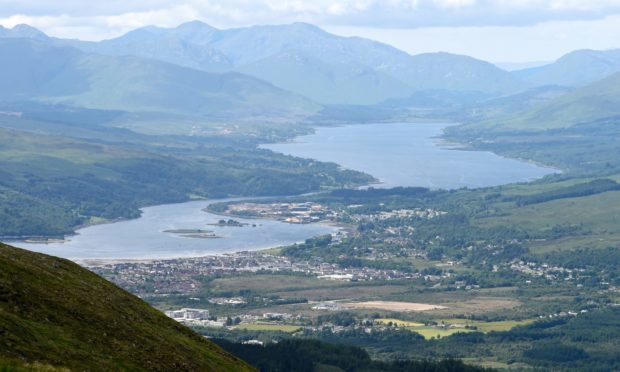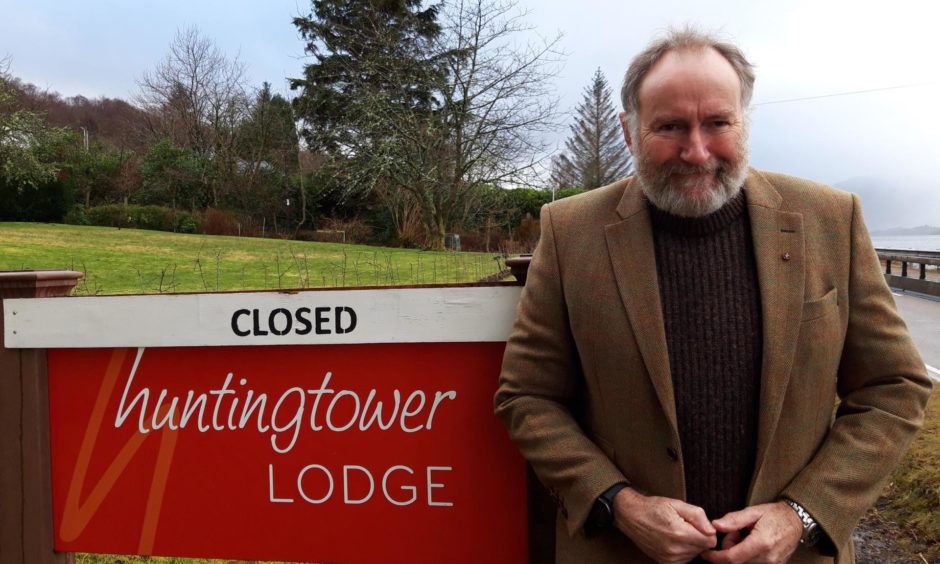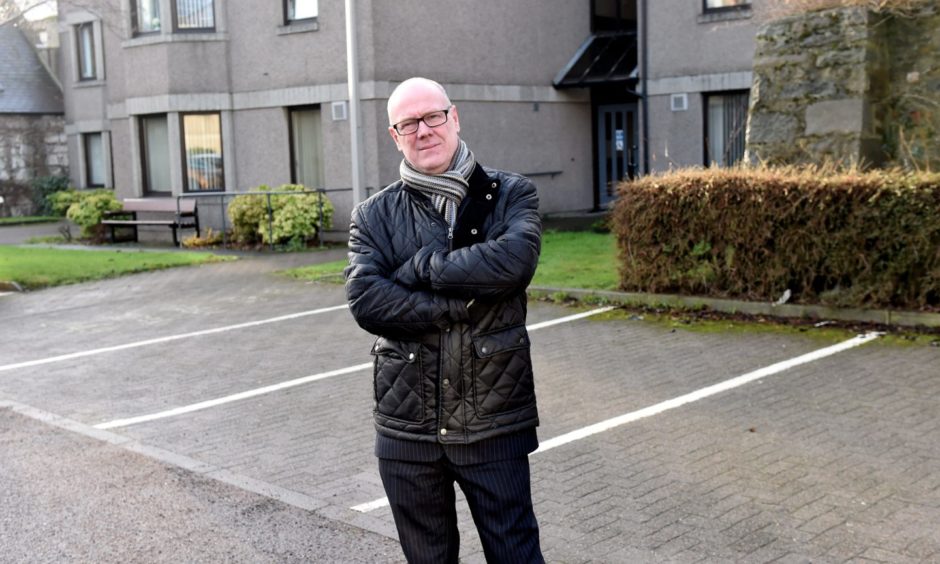B&B owners claim plans for a new licensing scheme for short-term lets will have “serious unintended consequences” on a recovering tourism sector.
The scheme, which is due to go before all MSPs for a vote, would see short-term lets subject to annual licensing and monitoring fees, guest arrival and departure curfews, occupancy limits and regular property inspections.
But the Scottish Guest House and B&B Alliance (SGHBBA) is calling for a rethink of the regulations, arguing that the legislation could require significant investment by 2023 and will be the “final straw in what has been the most depressing of years”.
Owners in the B&B sector claim they have been “misled” and “poorly represented” throughout the consultation process despite Housing Minister Kevin Stewart saying the Scottish Government “consulted extensively”, including with the Scottish B&B Association.
But David Weston, chairman of the association, said that although they were allowed to provide two written submissions to the consultation, they argued against the proposals and instead called for a “low-cost registration scheme”.
He added that “thousands” of B&Bs are not members of voluntary trade associations such as the one he represents, and may have missed the opportunity to have their say.
‘Insufficient consultation’
The SGHBBA submitted a 4,200-strong petition last week, calling for fairness in the consideration of the position of B&Bs, amid calls for the legislation to be halted until further consultation is carried out after May’s Holyrood election.
Peter Moss, a founder member of the alliance and a B&B owner in Fort William, said: “All MSPs now have an opportunity to stop this legislation on the grounds it has had insufficient scrutiny by an important sector of the Scottish tourism industry who have been misled by the consultation process.
“This should be delayed, at a minimum, until after the Holyrood elections in May and then the whole draft legislation revisited, making sure that every business sector involved is aware of all the facts.
“Failure of MSPs to take action now would mean that B&Bs will be insidiously included in an ill-thought out licensing scheme that will have serious unintended consequences on a recovering tourist sector at the very time that Scotland will desperately need to kickstart the economy.”
The Scottish Parliament’s local government committee voted in favour of proposals to introduce a licensing system for short-term lets this month, despite claims from those in the industry that it is “using a sledgehammer to crack a nut”.
‘Common set of safety standards’
Housing Minister Kevin Stewart said the Scottish Government has “consulted extensively” on the proposals for the licensing scheme, receiving more than 1,000 written responses to the first consultation in 2019 and more than 1,000 responses in autumn 2020 on the detailed proposals.
He added that a stakeholder working group has been established to develop guidance on the licensing scheme, with self-caterers, B&Bs and rural interests to be represented.
This working group will “actively explore solutions to issues raised by operators, including the treatment of traditional B&Bs, with a view to identifying any changes to the legislation that may be needed”.
Mr Stewart said: “It is right we are taking action to ensure that all short-term lets across Scotland adhere to a common set of safety standards.
“A licensing scheme levels the playing field between homes used as B&Bs and homes listed on platforms such as Airbnb, as well as helping to ensure a safety for visitors and neighbours.”
The theme of the meeting was purely to establish the impact of short-term lets on the local community.”
John Jarvis-Jones
Subject to the approval of the Scottish Parliament, the regulations, which will not effect hotels or guest houses, will come into force on April 1 .
Local authorities will have until April 1 2022 to establish a licensing scheme and existing short-term let operators will have until April 1 2023 to apply for a licence.
Short-term let licences can be granted for up to three years and local authorities will set fees to cover their costs in establishing and administering the scheme but no feeds have been set yet.
Skye tourism organisation warns new short term lets regulations could devastate sector
John Jarvis-Jones, chairman of the Fort William Accommodation Marketing Group and a founder member of the SGHBBA, who attended a consultation meeting held at the Alexandra Hotel in Fort William in 2019, said there was “no discussion that led anyone to believe that B&Bs would be included in the legislation”.
He added: “The theme of the meeting was purely to establish the impact of short-term lets on the local community.
“We were led to believe that this meant how the general expansion of self-catering accommodation would affect the community at the expense of long-term let properties.”


